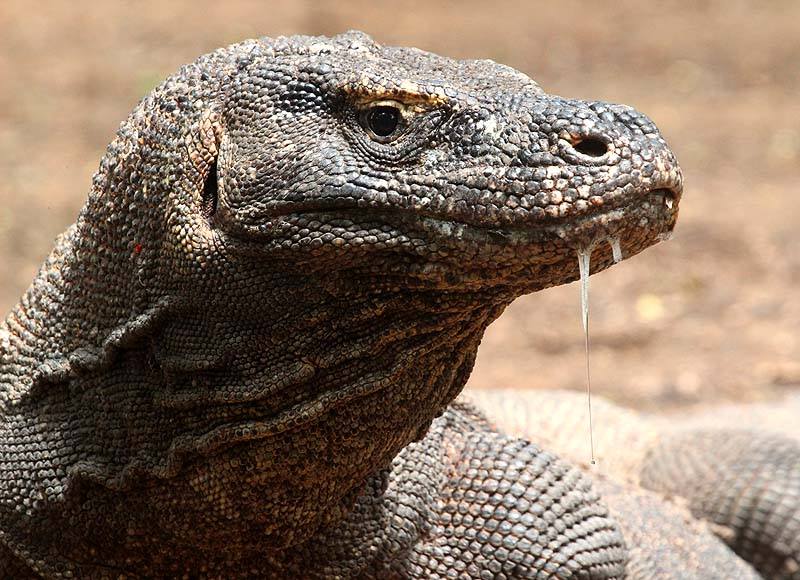One of Indonesia's most popular tourist destinations, Komodo Island, home to the Komodo dragons, will be closing in 2020 for a whole year.
Closed to tourists
Komodo National Park mainly comprises a cluster of three larger islands called Komodo, Padar and Rinca, found in East Nusa Tenggara (NTT), Indonesia.
Komodo Island in particular will be completely closed off to tourists starting January 2020, according to The Jakarta Post.
The rest of the National Park will still remain open.
Land of the 'dragons'
The National Park, which has been listed as a UNESCO World Heritage Site, is inhabited by around 5,700 giant Komodo dragons.
The Komodo dragon is a species of lizard that is endemic to Indonesia, meaning that they can only be found in Komodo National Park and nowhere else in the world.
These giant lizards can reach up to 3m in length and are the heaviest lizards on earth, weighing up to 140kg.
Their bite is venomous, and they remain the dominant predators on the island, eating everything from wild boars to water buffaloes.
 Photo from Mehd Halaouate Photography, Facebook
Photo from Mehd Halaouate Photography, Facebook
Smuggling ring
The closure of Komodo Island comes in response to the recent bust of an alleged Komodo dragon smuggling ring, reported Tempo.
East Java police reportedly unearthed an incident where 41 Komodo dragons were being sold on Facebook for US$35,000 each.
The reptiles, which are classified as vulnerable by the International Union of Conservation for Nature (IUCN), had been illegally taken from the island.
As of March 28, the police had arrested nine suspects, with one suspect allegedly still on the run, according to The Jakarta Post.
Following this incident, Marius Jelamu, NTT's provincial administration declared that Komodo Island would be off-limits to any tourist activity.
Habitat restoration
The one year hiatus would serve as an opportunity for the administration to carry out habitat restoration on Komodo Island.
A conservation program aimed at increasing the population of Komodo dragons is also in the works.
Marius stated that both the regional and central governments in Indonesia were working on the island's restoration plans, and that a team of stakeholders have been convened to make a proper joint assessment of the closure.
Too much tourism
Aside from these giant lizards, tourists also visit the National Park to dive, snorkel and admire the scenery.
More than 10,000 visitors, 95 per cent of them foreigners, visit the park every month, reported the Independent and The Jakarta Post.
Yet, there are only 130 staff assigned to manage and monitor the park.
The park will hopefully reopen with new policies in place that help improve monitoring and control of visitors, starting with better organisation of boat arrivals and ticket sales.
Komodo Island is not the first tourist destination to be declared off-limits due to the negative impacts of over-tourism.
Previous cases include the indefinite closure of Thailand's Maya Bay, where corals were decimated by hordes of tourists.
Popular resort island, Boracay in Philippines, also blocked tourists for six months in April, 2018 due to improper waste disposal by hotels, restaurants and others in the tourism industry.
Top photo from Flores Komodo Tour, Facebook
If you like what you read, follow us on Facebook, Instagram, Twitter and Telegram to get the latest updates.
